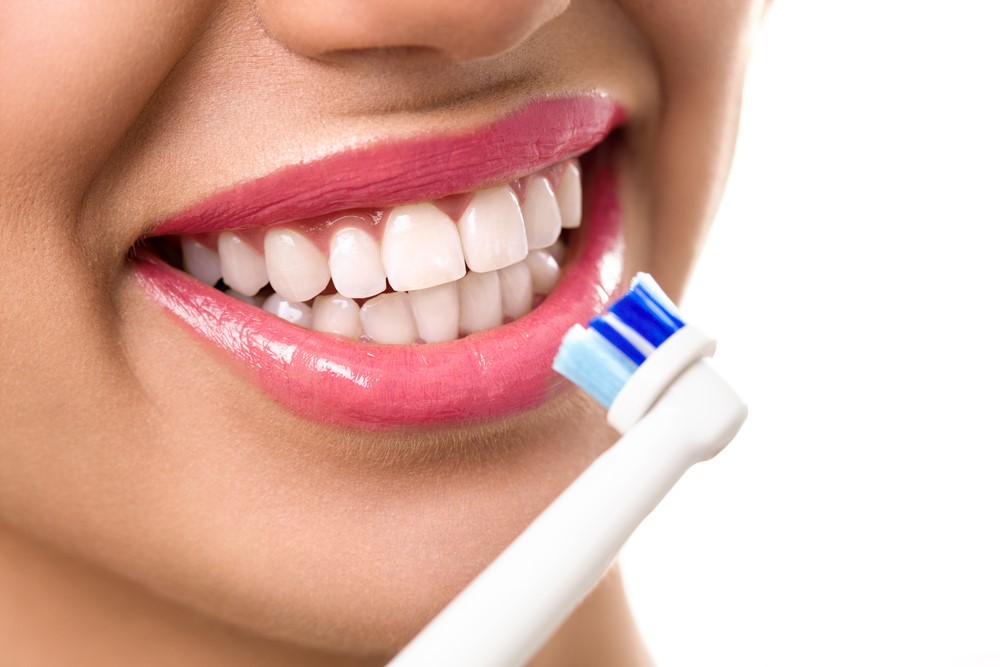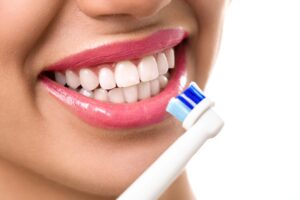
You may not fully understand how crucial oral health is. Let’s discover how the condition of our mouth, teeth, and gums impacts on our overall health.
Not surprisingly, the state of our oral health gives some hints about our general health. It’s high time to get more information about the bond existing between your dental health and your general health.
What correlation exists between general health and dental health?
Your mouth, just like other body organs, is filled with bacteria, most of which are not harmful. However, some of these bacteria can spread disease as your mouth serves as an entrance to your digestive and respiratory systems.
Undoubtedly, without appropriate dental hygiene, germs may be increased to the point where they cause oral illnesses including tooth decay and gum disease.
Additionally, some drugs can decrease saliva flow, including opioids, antihistamines, decongestants, antidepressants, and diuretics. Saliva fights against microorganisms that proliferate and cause disease by washing away food and neutralizing acids generated by bacteria in the mouth.
According to studies, many disorders may be influenced by oral bacteria and the inflammation brought on by a severe type of gum disease (periodontitis). Moreover, factors like diabetes and HIV/AIDS can make it harder for the body to fight against infections, worsening oral health issues.
What diseases are related to dental health?
Your dental health can be linked to a number of illnesses and conditions, such as:
- Heart disease. The link between heart disease and dental health is not completely acknowledged. However, certain research points out the relation between blocked arteries, stroke, and the inflammatory and infectious processes caused by oral bacteria.
- Obstetric and delivery difficulties. Low birth weight and early delivery have both been connected to periodontitis.
- When bacteria and other germs from your mouth, expand through your blood circulation and connect to specific areas in your heart, it often results in an inflammation of the endocardium.
- Some oral bacteria can enter your lungs and trigger pneumonia and other respiratory illnesses.
Your dental health may also be harmed by the following disorders:
- HIV/AIDS. In patients with HIV/AIDS, oral issues such as unpleasant mucosal sores are frequent.
- Alzheimer’s disease. As Alzheimer’s disease advances, dental health is shown to deteriorate.
- Diabetes. Diabetes increases the risk of gum disease by lowering the body’s ability to fight against infection. People with diabetes seem to have gum disease more often.
According to research, people with gum disease have tougher problems keeping their blood sugar levels under control. Regular periodontal care can help you regulate your diabetes. - Osteoporosis. Periodontal bone loss and tooth loss are both associated with this bone-weakening disorder. There is a modest possibility that the jawbones might be harmed by a few medications used to treat osteoporosis.
Rheumatoid arthritis, eating disorders, particular tumors, and Sjogren’s syndrome, an immune system ailment that produces dry mouth, are other problems that may be connected to dental health.
Give overall information to your dentist about any abnormalities in your general health, particularly if you have a chronic illness like diabetes. Do not forget to inform your dentist about any drugs you use.
Ways to secure your dental health
In order to secure your dental health, keep practicing proper oral hygiene every day.
- Brushing your teeth for two minutes at least twice every day is the first precondition for maintaining your oral health.
- Do not forget to floss regularly.
- Give advantage to fluoride toothpaste and soft-bristled brushes.
- Brushing and flossing should be followed by cleaning bits of food remaining in your mouth with the help of mouthwash.
- Maintain a healthy diet and avoid sugary foods and beverages.
- Avoid using tobacco.
- Every three to four months, or earlier if the bristles are damaged, you should change your toothbrush.
- Plan frequent cleanings and examinations at your dentist.
A concern with your dental health should also be reported to your dentist right away. Undoubtedly, your overall health will benefit from being cautious about your dental health.




